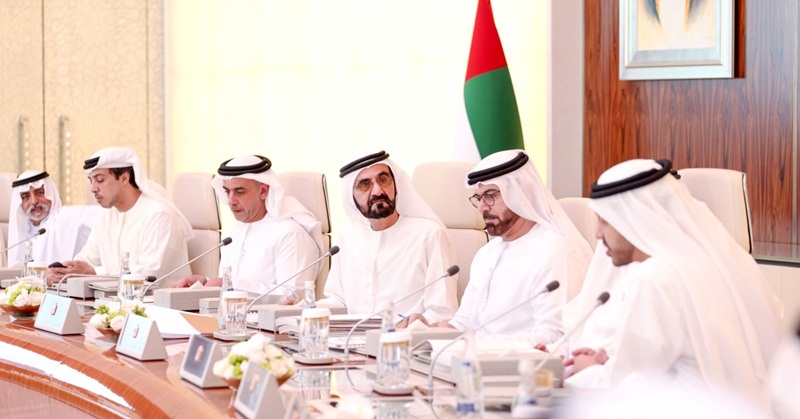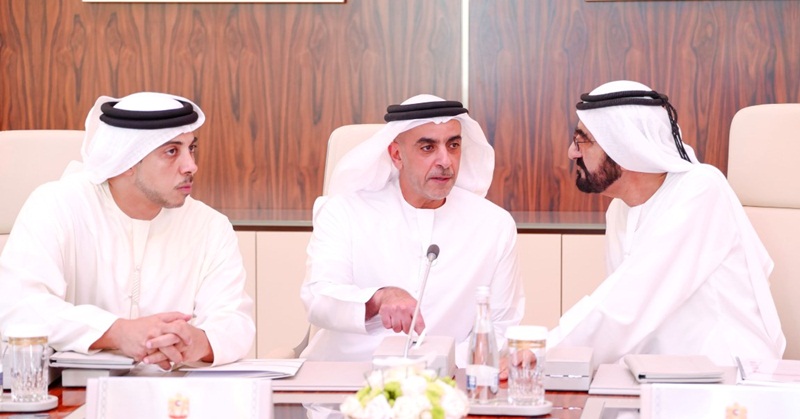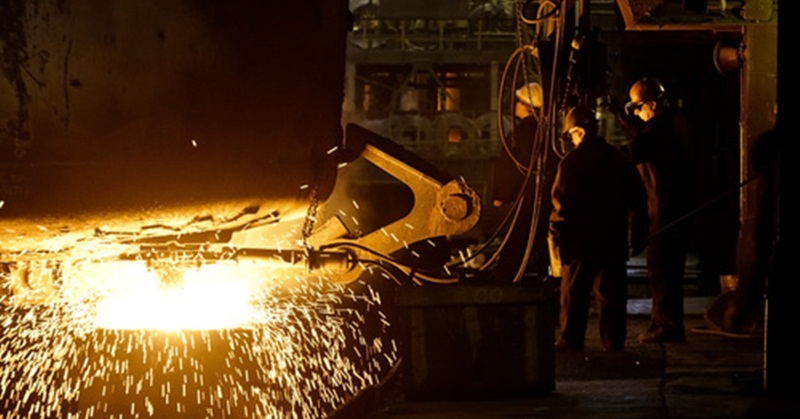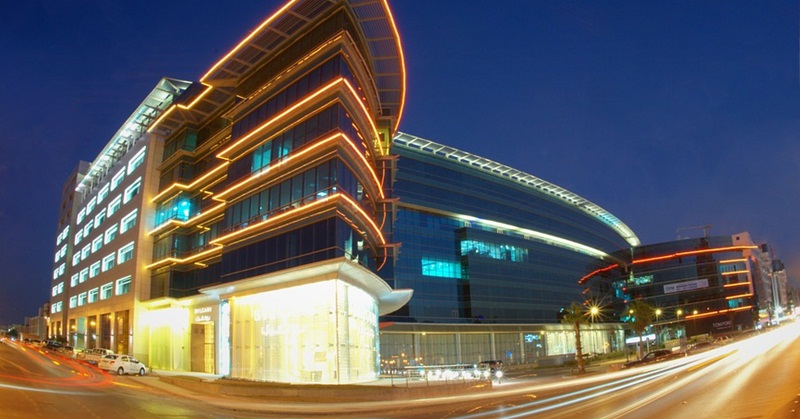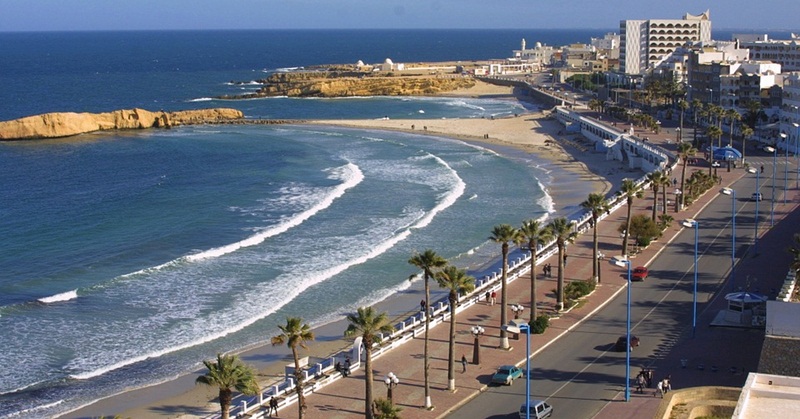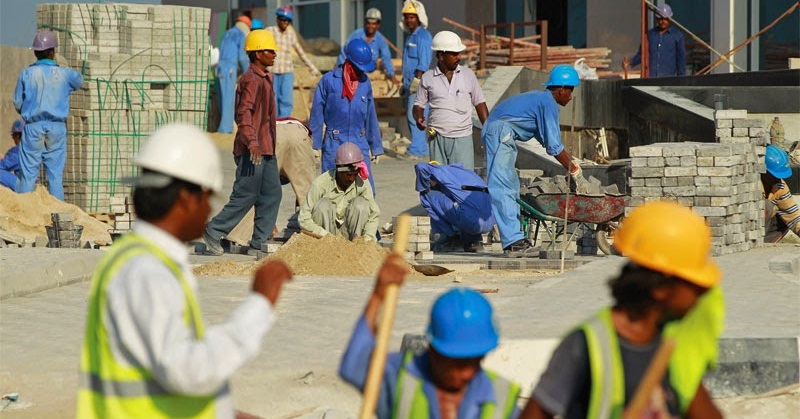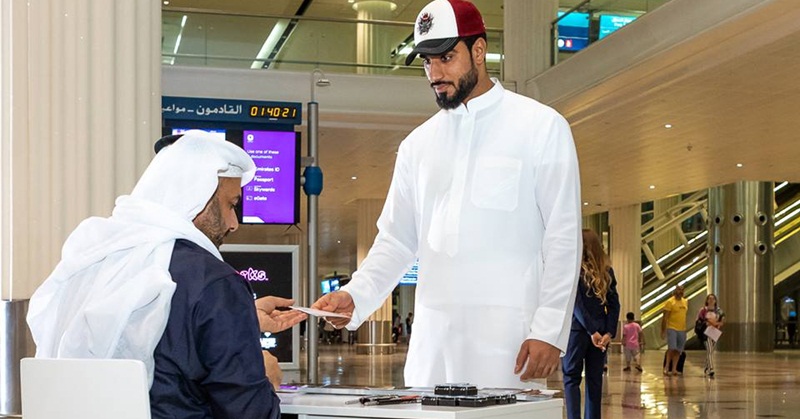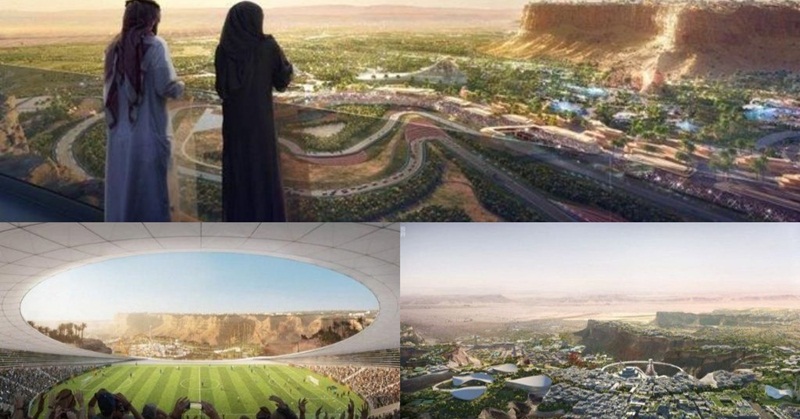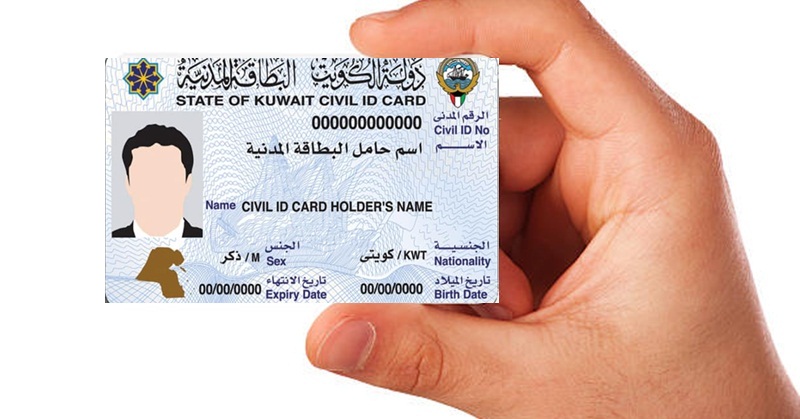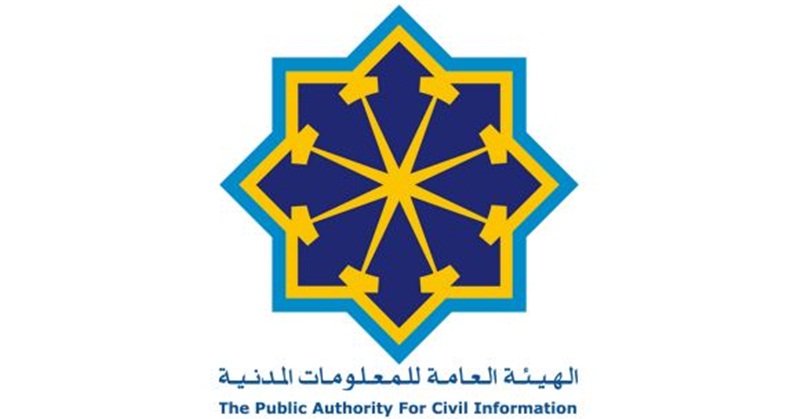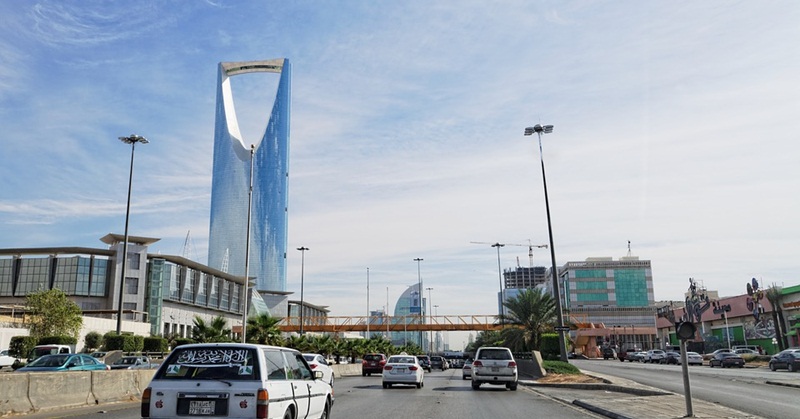As a region, the Middle East has been one of the earliest leading destinations when it comes to trade, religion, and other economic endeavor. Fast forward to today… the region still remains to be one of the strongest in the world.
Of note, the Middle East has also produced a number of great individuals who excelled in their fields of work, have contributed to the development of our world today, and made significant contributions to the entire human race. In this post, we will acknowledge some of the biggest personalities in 2019 who hailed from the Arab world, or are of Arab lineage.
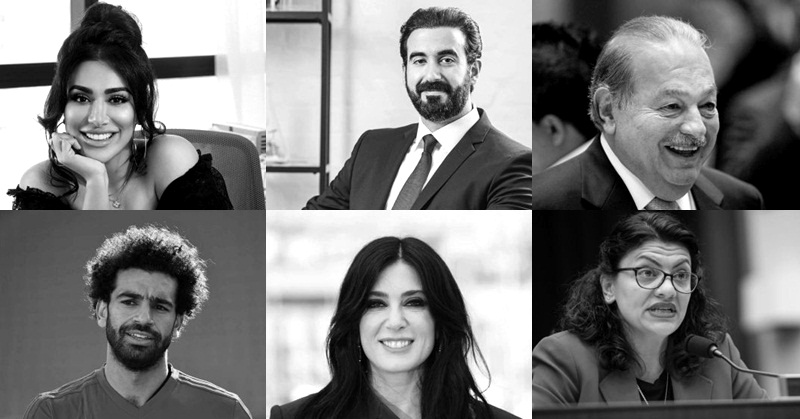
[LIST] Meet 2019’s Most Powerful Arabs in the World
While the concept of power is subjective by nature, those who took up a personal or social cause and has wielded it in their own capacity to impact a change in their lives as well as to the rest of the world during or for the majority of their lifetime can be rightfully deemed ‘powerful’ in their own terms.
In this article, we will share a list of people who have rendered their lives for this cause, as curated in a report by the Arabian Business.
From Oscar-nominated film director Nadine Labaki, who changed the lives of amateur refugee actors by casting them in her feature film Capernaum (and convinced us to look at a unique piece of the world through their eyes) to Rashida Tlaib, who became the first Muslim woman to serve as the US Representative for Michigan’s 13th congressional district in 2019 and the first Palestinian-American woman in Congress.
And then there’s Ayman Hariri, who is taking on Facebook with his ad-free social app Vero and helping users ‘wake up to the high price of free’ as platforms continue to mine data, affecting privacy, mental health, and even national elections.
Let’s acknowledge and pay tribute to some of the great Arab men and women who have made an impact to the world and the way we live in it today. The list is presented in no particular order below:
- Abdalla Sultan Al Owais – Al Rawabi Dairy Company UAE, Sharjah chamber of Commerce & Industry AND Sharjah Expo Centre
- Abdallah Massaad – RAK Ceramics
- Ahmed Abou Hashima – Egyptian Steel, Egyptian Cement, Egyptian Contracting and Egyptian Media Group
- Abdul Aziz Al Ghurair – CEO, Mashreq Bank
- Abdulaziz Al-Sowailim – EY Middle East and North Africa (MENA)
- Ahmed bin Rakkad Al Ameri – Sharjah Book Authority
- Sheikh Ahmed Bin Saeed Al Maktoum – Emirates Group
- Aisha Bin Bishr – Smart Dubai Office
- Ali Rashid Lootah – Nakheel
- Amal Clooney – Doughty Street Chambers
- Amin Nasser – Saudi Aramco
- Badr Al Olama – Aerospace and Defence, Mubadala Investment Company; Organising Committee, Global Manufacturing and Industrialisation Summit
- Ayman Hariri – CEO, Vero
- Badr Jafar – Crescent Enterprises
- Carlos Slim Helu – America Movil
- Elie Saab – Elie Saab Fashion
- Cherif Sleiman – Infoblox
- Fadi Jawad – Eurotech Oil and Gas Training and LABNANA Lebanese Initiative
- Fadi Ghandour – Wamda Capital
- Fairuz – Singer
- Fatima Al Jaber – Board Member, Al Jaber Group
- Ghaith Al Ghaith – Flydubai
- Farid Chedid – Chedid Capital group of companies
- Dr. Habib Al Mulla – Baker & McKenzie Habib Al Mulla
- Huda Kattan – Huda Beauty
- Hussain Sajwani – Damac Holding
- Jassim Alseddiqi – Abu Dhabi Financial Group
- Ismail Al Hammadi – CEO, Al Ruwad Real Estate and Biznet Consulting
- Jamal Abdulla Lootah – Imdaad
- Khaled Al Huraimel – CEO, Bee’ah
- Lubna Olayan – SABB, Alawwal Bank
- Majid Al Futtaim – Majid Al Futtaim
- Mansour Bin Jabr – Bin Jabr Group
- Mohamed Hadid – Hadid Design and Development Group
- Michel Accad – Al Ahli Bank of Kuwait (ABK)
- Marwan Bin Jassim Al Sarkal – Sharjah Investment and Development Authority (Shurooq)
- Mazin Khoury – American Express Middle East
- Mohamed Alabbar – Emaar Properties
- Mohammed Ali Al Shorafa Al Hammadi – United Eastern Medical Services (UEMedical)
- Mohamed Salah – Athlete, Liverpool FC and Egypt
- Nadine Labaki – Actress, Director
- Naguib Sawiris – Orascom
- Najla Al Midfa – Sharjah Entrepreneurship Centre
- Nashwa Al Ruwaini – Pyramedia, Al Joude Investments, al Joude Advertising and Publicity, Delma Medical Centre
- Nidal Abou-Ltaif – Avaya International
- Randa Bessiso – The University of Manchester
- Rashid Al Ghurair – MENA Energy
- HE Reem Abdel Rahim BinKaram – NAMA Women Advancement Establishment
- Prince Alwaleed Bin Talal Al Saud – Kingdom Holding
- Rashida Tlaib – US House of Representatives
- Nasser Sulaiman Al-Nasser – Saudi Telecom Co.
- Rami Malek – Actor
- Reem Al Hashimy – UAE Minister of State for International Cooperation Expo 2020
- Saif Belhasa – Saif Belhasa Group of Companies
- Rola Abu Manneh – Standard Chartered Bank, UAE
- Zayed Hussein Al Baddad – Senior Executve, ALBADDAD Capital Group, ALBADDAD Real Estate Group, ALBADDAD Holding Group, ALBADDAD Manasik Holding
These people have all proven their worth in their chosen field or profession, and in the process, have brought prestige and honour not only to themselves, but also to the Arab race.
ALSO READ: Saudi Arabia Reaffirms Commitment in Support of Women Empowerment

![[WATCH] Catch Breath-taking Views at the Newest Dubai Landmark](https://middleeast247.com/wp-content/uploads/2019/07/dubai-palm.jpg)
